What does the next chapter hold for Eileen Murray, one of the most senior women in the financial services industry – someone who has made a career out of breaking barriers and redefining expectations? Last December, she announced that she would be leaving her position as co-CEO of Bridgewater Associates, the world’s largest hedge fund, at the end of March, a position she has held longer than any other executive, save the firm’s founder. Murray called the move “my natural next step” in a note to colleagues. “I have achieved my major goals and am looking for new challenges and opportunities,” she said. “Still, it is with mixed feelings that I’m leaving because I love so many of the people at Bridgewater.”Whatever she does next, one thing is clear: the tenacity and work ethic that have underscored her storied Wall Street career to date will be on full display. They’re a part of her heritage. Born in 1958, the sixth of nine children of an Irish-American couple living in Manhattan’s Inwood, Murray grew up knowing the value of hard work. With chores shared equally between the boys and girls in the house, hard work was a given. She held down a job in high school while still managing to come in the top three at school with an average of 98 percent on tests.
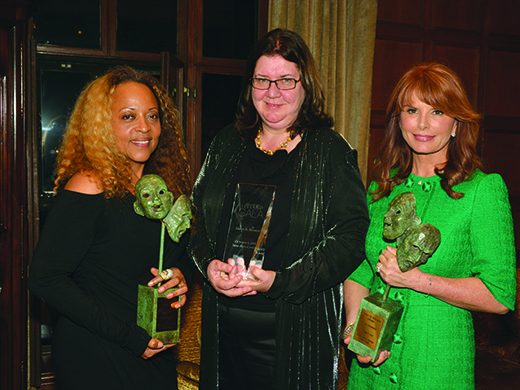
Murray’s mother encouraged her to do her best, but her dad was more demanding and expected top marks. Having served in World War II and Korea – which earned him three purple hearts, one bronze star, and one silver star for his service, this descendant of Cork people who fled Ireland during the Famine placed a high value on hard work and educational success. “He was a very, very well-read man, and he was a doer,” Murray said of her father in an interview with Irish America editor Patricia Harty in 2018. Her mother, on the other hand, grew up partly in Ireland – born in the United States, she was raised by her grandparents in County Galway, eventually returning to the country of her birth at 14 when her grandparents died. Two years later, she would meet the man who would become her husband, and they travelled the U.S. with his various service postings. Child number five finally put the kibosh on the peripatetic existence, and Murray’s mother insisted on returning to New York to put down roots. The Dyckman Housing project in Inwood, North Manhattan, was to become the family’s home – at least, until the going got a lot rougher in the late 1960s and early ’70s.

Returning home from her college job at Grand Union one night, the barely-out-of-her-teens Murray came across the body of her neighbor – shot and killed in the building’s lobby for the little cash he was carrying. That spurred her mother to leave Dyckman and relocate to Riverdale in the Bronx.“Most of what I learned, I learned between the ages of 10 and 12 from my parents,” Murray said during her keynote remarks at Irish America’s 2018 Wall Street 50 awards dinner. “Of course, it took me 35-40 years to figure that out. My parents taught me Irish curiosity, creativity, determination, common sense, and most important, hospitality, creativity, and generosity… I have to admit, it was sprinkled with a little bit of Irish guilt as well.”After completing her B.S. in accounting at Manhattan College, Murray went straight for Wall Street. She was aware of how few women held senior positions in the financial industry (only 0.5 percent at that time), but having been raised in an equal opportunities family, she couldn’t see why “hard work wouldn’t be rewarded for what it was,” she says. But as she climbed higher on the corporate ladder and the disparity became even more apparent, the tenacious Murray always kept going forward, determined to do what she could to make a change.
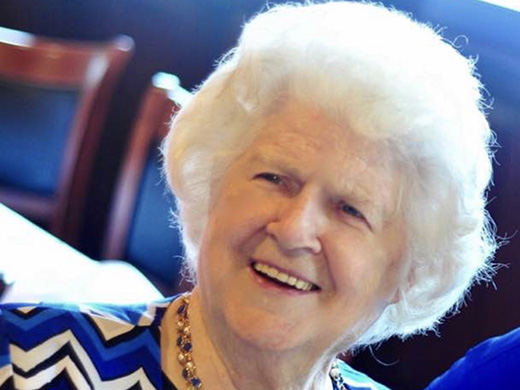
Shortly after losing her 58-year-old father, whose loss drove her onward, Murray landed her first accounting job at Peat Marwick (later to become KPMG), which then led to a stint as an entry-level analyst in the controller’s office at Morgan Stanley.By the time she was ready to leave Morgan Stanley in 2002, Murray had risen to the role of controller herself and had been named chief accounting officer. Her next position, with Credit Suisse First Boston, saw her head up her own division and become the first woman to sit on the firm’s executive board. But Morgan Stanley was keen to get her back and did so by offering her a managing director role and a position on its Management Committee, where she knew she could help address some of the inequalities that were pervasive on Wall Street at the time.
Retirement in 2007 proved to be short-lived, first taking over as president of Duff Capital and then joining Bridgewater Associates in 2009. Kathleen Murphy of Fidelity Personal Investing, who serves alongside Murray on the FINRA board of governors, has called Murray “refreshingly candid objective, results-driven, extremely down-to-earth, wonderfully family-oriented, and someone who has a terrific sense of humor.” Murray applies that same drive and mindset in her work beyond Wall Street to champion Ireland and honor her Irish roots. For her efforts, the Irish Arts Center awarded Murray the Spirit of Ireland Award in 2015, presented to her by none other than noted Irish actor Liam Neeson. Her association with the Irish Arts Center is one that gives her deep satisfaction. “I knew right away when I joined the board that I’d found a home, and a group of people that I have a lot in common with,” she told Irish America in an interview. “What I love about the Irish Arts Center is that it has never wavered from the idea that Irish culture isn’t just for Irish people, it’s for everybody. If that’s not hospitality shining through, I don’t know what is.”
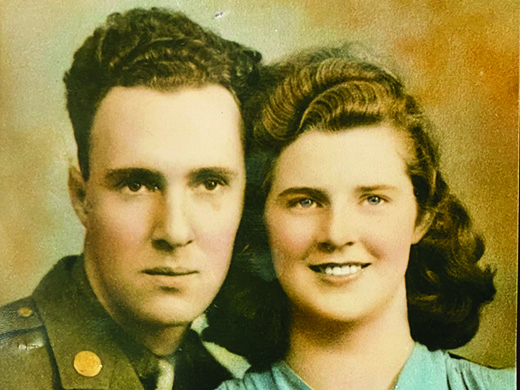
Murray is also a supporter of the Our Steps Foundation. Founded by Murray’s fellow Irish America Hall of Fame inductee Jean Butler, Our Steps is a non-profit organization that creates and produces artistic and academic projects that honor the Irish past and inspire the future of Irish dance. Murray’s affinity for Ireland and the Irish complements her deep appreciation for the country of her roots and, in particular, for the opportunity it provides to realize the American Dream. “I think it’s still achievable,” she says. “At least it has been in my experience – you may be in a bad neighborhood, and every day come face to face with a lot of despair and injustice. But if you work really hard and focus on what you want, you can achieve it.” For those hoping to make a career in business, Murray’s advice is succinct: “Work hard. Don’t expect anything for nothing. Ask for help. Find someone who is good at what you are not and see if they will help you.” What does she look for herself when considering whether or not to hire somebody? “Curiosity, respect, a mutual understanding that we can learn from each other,” she says. “I have no tolerance for know-it-alls.”
She acknowledges the difficulty faced by her own mother when she arrived back on U.S. shores from Ireland as a teenager. “My mother couldn’t get a job at the phone company when she first came here because she had an Irish accent. In this country, there were signs posted, ‘Irish need not apply.’” No fear of that with Eileen Murray, business trailblazer, who has never done less than apply herself 100 percent to whatever role she has held in life. Where does she plan to apply herself next? Watch this space!
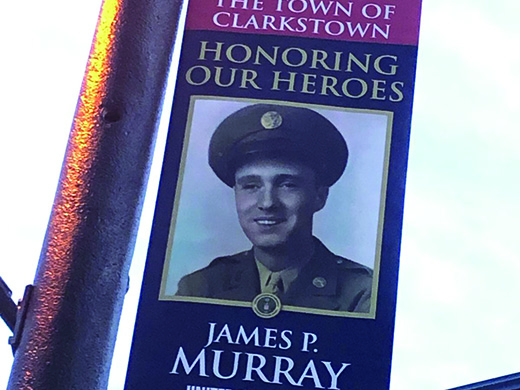
Memorial Day parade.

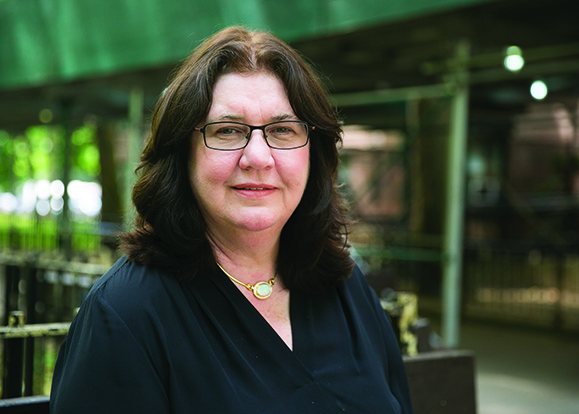
Leave a Reply